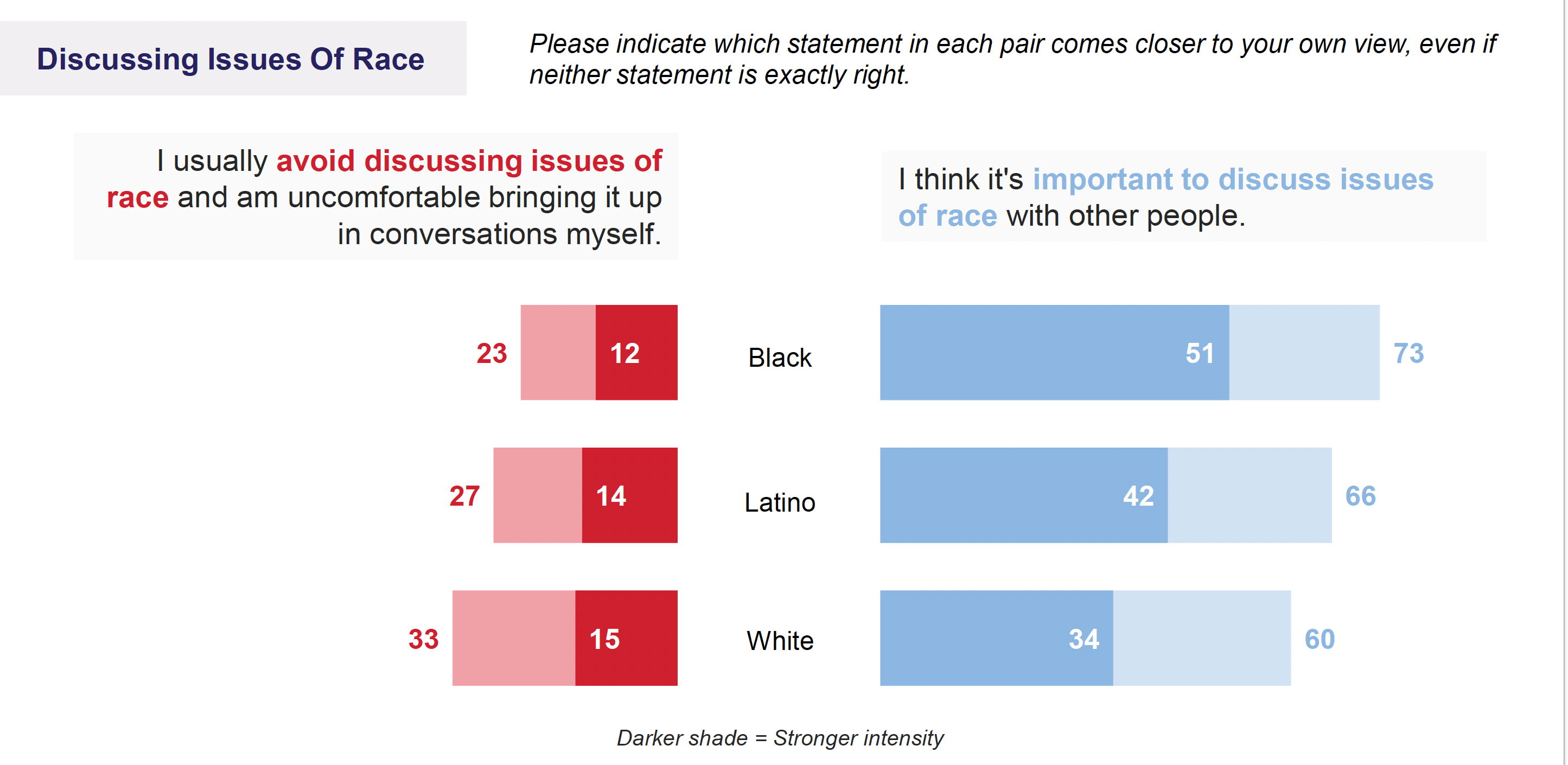Policy & Research
The South is rapidly changing demographically, socially, and economically. These changes represent a potential for growth and prosperity. However, if we don’t address the underlying fundamental problems that hold us back, existing racial and economic inequities will continue to grow and further divide us.
EPU is laying the groundwork to usher in a New South where every citizen has access to the Promise of America. Through our engagements across communities, our hope is that we provide a roadmap for fostering sustainable change and weathering new challenges through inclusiveness and a drive for equity in all facets of public policy. In 2021, we launched several new policy initiatives in addition to developing deeper partnerships with our partners and allies in this work, including local elected officials and faith leaders.
Approach
EPU works in collaboration with partners at the federal, state, and local levels on a range of issues critical to advancing racial and economic equity in the American South. We identify areas where we can provide resources and capacities that meet communities’ needs. Our work is ultimately premised on the idea that it takes a combination of narrative change and framing and the elevation of common-sense policy solutions to create sustainable success.
Insight
Through EPU’s policy work, we’ve uncovered revealing insights about the South, institutions, and specific issue areas. Our learnings continue to shape our work today and moving forward. For example:
- EPU’s survey work has shown us that the South has a long way to go with respect to changing the underlying logic that drives our public policies
- Common Ground. We’ve discovered that communities remain open to police reform policing. Our engagements with policing agencies revealed that there are significant points of convergence in the goals of these agencies and those of advocates for reform.
- Truth & Healing. We are enlightened by the tremendous response to our Truth and Healing work. Our work engaging communities has shown us that there is a tremendous thirst for resources, information, and coordination across communities for this most important work.
Program Highlights
Policy Scholars
The EPU Policy Scholars program engages with researchers to advance public policy by providing independent, in-depth, and insightful policy recommendations that advance equity and address systemic racism in America. The program fosters the creation of high-quality research and innovative policy prescriptions, particularly those from Southern institutions and from under-represented groups and institutions. In its first year, we have engaged scholars from institutions across the South including:
- UNC-Greensboro
- Dillard University
- University of New Orleans
- UNC-Chapel Hill
Each of the scholars was chosen because they have been pushing the envelope on public policy and research innovations in their work for several years. EPU is currently releasing their work products in the form of policy papers, workshops, and other structured engagements from this inaugural year and will continue doing so throughout 2022.
“I am confident that we will find solutions to the pressing challenges at the local level if we have the humility to recognize them. There is no shortage of solutions to the widest range of challenges from economic development to public health to education. [Our job is to] connect people across geography in ways that recognize political geography, but are fundamentally rooted in helping people achieve what they would like and share resources in ways that uplift everyone.”Mark Gabriel Little, Ph.D., 2021 EPU Policy Scholar
Mark Gabriel Little, Ph.D., 2021 EPU Policy Scholar
Truth & Healing
In November of 2021, EPU launched a Truth and Healing initiative. We believe that our nation needs a reckoning on race in America. That reckoning can only come about through a formal process that seeks to unearth the painful truths about our past related to slavery, Native American genocide, and other atrocities. Our work include direct engagement with communities as well as a platform for those in search of resources information. EPU released a website in 2021 with resources for local leaders, including model resolution language. We also hosted an online symposium featuring thought leaders and practitioners who are advancing truth and healing work in local communities. The online event attracted more than 30,000 viewers. Through that work, EPU aims to serve as a catalyst for communities seeking to launch formal Truth and Healing initiatives and/or commissions in their communities.
Police Reform
One year after George Floyd’s murder sparked national conversations on systemic racism and policing, EPU commissioned a survey of 1,200 people (400 Black, 400 Latinx, and 400 white respondents) to gauge their attitudes on systemic racism in policing and police reforms in the South. The survey found broad support from Southerners, regardless of race, for major police reforms. EPU also engaged leaders in southern states working on the issue, including working directly with legislators in three southern states (GA, SC, and VA) as well as Maryland to educate leaders on police accountability systems and mechanisms. Each state successfully passed different police reform bills, and in each case, our insights were reflected in their final products. The public-facing work took the form of direct engagements with the National Black Council of State Legislators where we were able to reach their membership of 700 elected officials through digital dissemination of information and the execution of two webinars.
Big Ideas for Racial Equity
At no other point in history has America grappled with as many threats to its stability and future prosperity as it is right now. Global warming jeopardizes the very existence of future generations. The economy has been disrupted to the point that whole industries are seemingly transforming overnight, causing the destabilization of communities and changing the nature of global relations. Moreover, in 2020 we were hit with one of the deadliest pandemics that the modern world has ever seen, and that underscored our nation’s failure to reconcile racial inequity and class disparities. We must begin by analyzing the policies that govern our cities, states, and nation, assessing their potential to meet the challenges we face with a focus on how national policies can be applied in a local context. To help state and local governments in this effort, EPU launched “Big Ideas for Racial Equity,” a roadmap for state and local leaders looking to address racial and economic inequity in our nation. The guide is a policy analysis tool of “big ideas” that have mostly been discussed at the federal level, along with providing resources and case studies for learning how to enact versions of the policy at the state or local level. Thirteen policy issues were assessed for their potential to meet the challenges we are facing, with a focus on how national policies can be applied in a local context. Each issue was evaluated based on the demonstrated ability to advance racial equity, the economic return on investment, research base, and ease of state and local implementation.
Survey of the South
Since October 2019, EPU has conducted an annual Survey of the South to examine attitudes towards race and equity in the South. While we saw shifts in 2020 in the wake of the pandemic and the murder of George Floyd, our 2021 survey saw a reversion to pre-2020 sentiments among white Southerners. There remain clear racial divides in opinions regarding the causes of socioeconomic disparities in America, and in recent months the gap has widened on the topic of how race and poverty impact economic opportunity. On one of the more prominent news topics – Critical Race Theory – EPU found that messages about teachers having the freedom to teach a complete, honest history can still appeal to all racial groups in contrast to politics being injected into the curriculum. Strong majorities of all races agreed that “it’s important to discuss issues of race with other people” versus shying away from it. Despite the many divisions and clear challenges to bridging racial differences, the survey does reveal hopeful trends to build upon.

Redistricting
To build upon our past voting rights and Census 2020 engagement, EPU conducted a landscape scan in 2020 to determine where we can be of benefit in the highly contested and complex redistricting and voting rights policy arenas. EPU joined forces with fourteen community-based organizations focused on promoting a fair redistricting process in Louisiana. The group meets weekly to discuss engagement strategies to increase public participation in the redistricting process. Participation in this collaborative effort allows EPU to push forward equitable landscapes and build and nurture relationships with other like-minded groups. EPU also stepped up to provide communications and engagement support to the coalition’s efforts. As a result, www.RedistrictingLouisiana.com was created to serve as a clearinghouse and one-stop shop all things redistricting in Louisiana, including organizational resources and event information. The coalition has also engaged the Louisiana State Senate and the Louisiana House of Representatives to highlight the critical importance compliance with Section 2 of the Voting Rights Act in congressional redistricting.
Engagement
Deep, thoughtful engagement with community partners has been essential to EPU’s policy and advocacy wins. For example, EPU partnered with Stacey Abram’s Fair Count for the Census in the South initiative, a virtual tour of key southern states with events aimed at encouraging community members to complete the census and work toward a complete population count. EPU and Fair Count hosted 24 virtual activities including Tele Town Halls, discussion panels, a Gospel concert, virtual House Party, faith showcase, and video spotlights of community groups engaged in census work. Additional collaborations are focused on redistricting work with partners seeking to increase public participation in the redistricting process to create fairer, more equitable maps. Equitable representation in redistricting is important to EPU’s mission as it is one of the most powerful tools that can increase or decrease political power for communities.
